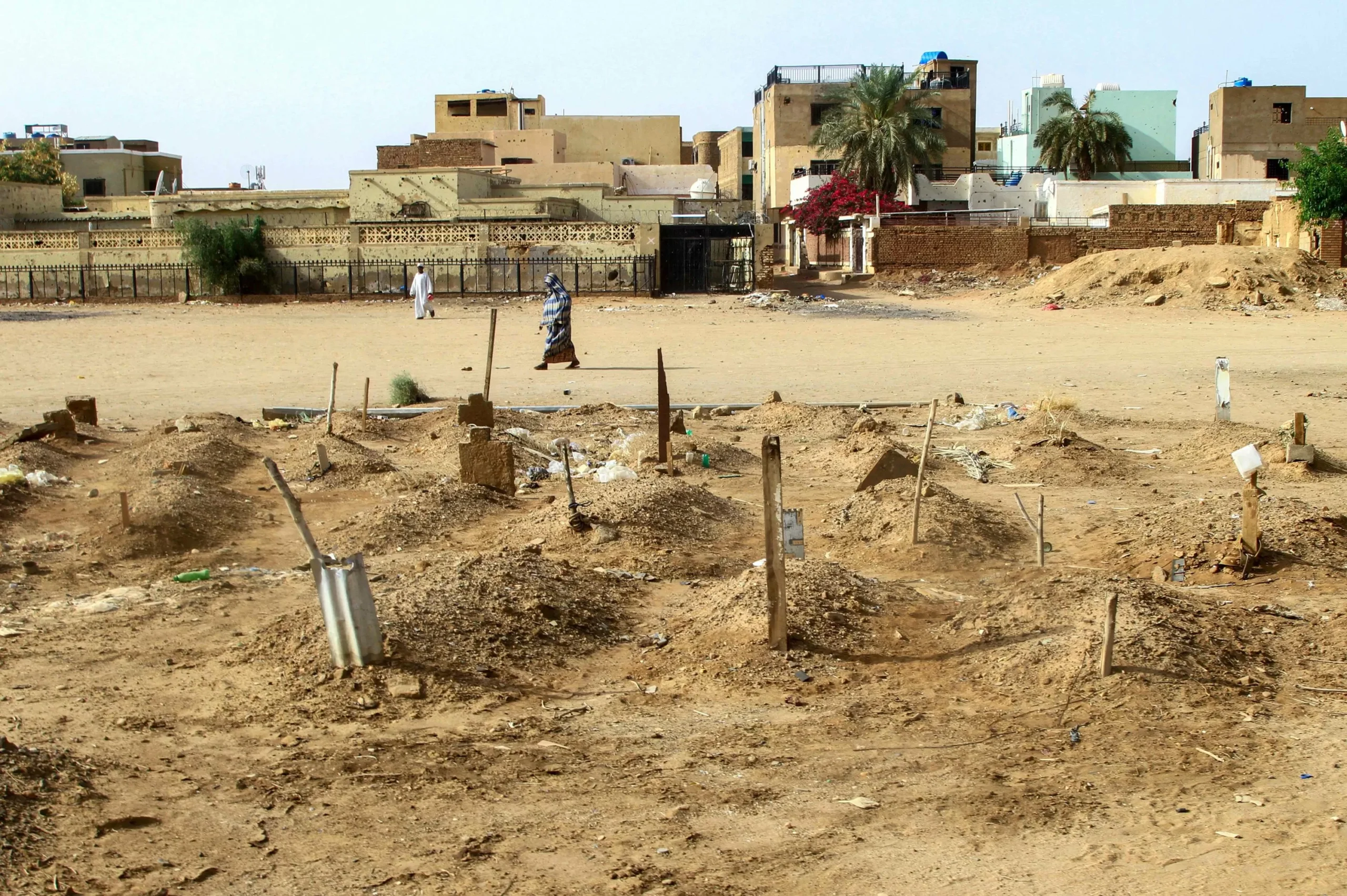Sudan has been plagued with political turmoil and violence for decades, with the latest development being the declaration of a rival government by a paramilitary group battling the country’s military. This move has sparked concerns and apprehensions about the stability and future of Sudan, particularly in the western Darfur region.
The Sudanese Rapid Support Forces (RSF), a paramilitary group that emerged from the Janjaweed militia, has declared the formation of a rival government to rule areas under its control. This includes the troubled Darfur region, where the United Nations has reported multiple human rights violations and war crimes against the civilian population.
The announcement, made by the group’s leader Mohammed Hamdan Dagalo, also known as “Hemetti”, has been met with strong opposition from the United Nations, the African Union, and Sudanese civil society groups. They have expressed their concerns about the RSF’s lack of legitimacy and fear that this move could further destabilize the already volatile situation in Sudan.
The RSF’s decision to declare a rival government comes amidst ongoing protests against the authoritarian regime of former President Omar al-Bashir, who was ousted in a military coup in April 2019. The country has since been under the control of a joint civilian-military transitional government, with a planned democratic transition in 2022. However, the RSF, which played a significant role in Bashir’s ousting, is now seeking to expand its power and influence by declaring a rival government.
This move has further complicated the already fragile situation in Sudan and posed a challenge to the transitional government’s authority. It has also raised concerns about the RSF’s intentions and its commitment to a peaceful transition to democracy in Sudan. The group’s history of violence and human rights abuses, particularly in Darfur, has fueled speculations that they may not have the best interests of the Sudanese people at heart.
The United Nations and the African Union have strongly condemned the RSF’s declaration, stressing the need for all parties in Sudan to respect the sovereignty and territorial integrity of the country. The international community has also called for an immediate cessation of hostilities and a return to the negotiating table to find a peaceful and inclusive solution to the situation in Sudan.
The RSF’s declaration of a rival government has also been met with resistance from Sudanese civil society groups, who have been at the forefront of the pro-democracy movement in the country. They have rejected the RSF’s claims of representing the people and have vowed to continue their peaceful protests until a civilian-led government is established in Sudan.
Despite the challenges and uncertainties brought by the RSF’s declaration, there is still hope for a peaceful and democratic transition in Sudan. The Joint Declaration of Principles, signed by the transitional government and armed groups in October 2020, outlines a roadmap for peace and reconciliation in Sudan. This includes the establishment of a federal system and the integration of armed groups into the national army.
Moreover, Sudanese citizens have shown great resilience and determination in their pursuit of a democratic and just society. The ongoing protests and civil disobedience campaigns in the country highlight the people’s unwavering commitment to a peaceful and democratic Sudan.
In conclusion, the RSF’s declaration of a rival government is a concerning development in Sudan’s political landscape. It poses a threat to the country’s stability and the ongoing democratic transition. However, with the support of the international community, and the determination of the Sudanese people, there is still hope for a peaceful and democratic Sudan in the near future. The formation of a rival government should not deter the country’s progress towards a better future for all its citizens.






![Complete BritRail Pass Guide [Types, How to Use It, Pros + Cons]](https://inside-news.uk/wp-content/uploads/2025/06/00221EB4-BCA2-4DBB-6CD4-83DBC37D71FA-120x86.webp)















